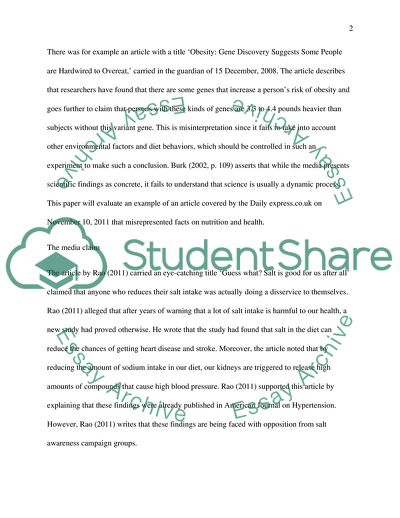Cite this document
(Critique of a Media Article: Guess What Salt Is Good For Us After All Coursework, n.d.)
Critique of a Media Article: Guess What Salt Is Good For Us After All Coursework. https://studentshare.org/media/1768731-critique-of-a-media-artical
Critique of a Media Article: Guess What Salt Is Good For Us After All Coursework. https://studentshare.org/media/1768731-critique-of-a-media-artical
(Critique of a Media Article: Guess What Salt Is Good For Us After All Coursework)
Critique of a Media Article: Guess What Salt Is Good For Us After All Coursework. https://studentshare.org/media/1768731-critique-of-a-media-artical.
Critique of a Media Article: Guess What Salt Is Good For Us After All Coursework. https://studentshare.org/media/1768731-critique-of-a-media-artical.
“Critique of a Media Article: Guess What Salt Is Good For Us After All Coursework”. https://studentshare.org/media/1768731-critique-of-a-media-artical.


